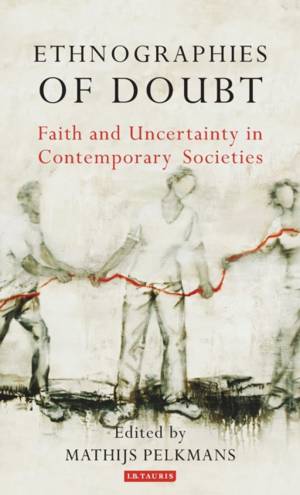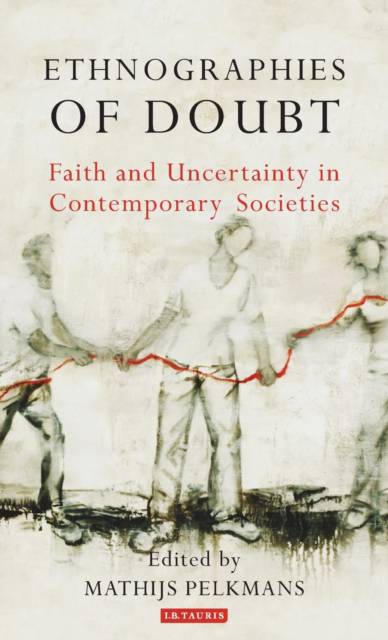
- Retrait gratuit dans votre magasin Club
- 7.000.000 titres dans notre catalogue
- Payer en toute sécurité
- Toujours un magasin près de chez vous
- Retrait gratuit dans votre magasin Club
- 7.000.0000 titres dans notre catalogue
- Payer en toute sécurité
- Toujours un magasin près de chez vous
296,95 €
+ 593 points
Description
Religious and secular convictions have powerful effects, but their fundaments are often surprisingly fragile. Because of the conspicuous role that nationalisms, populisms, and fundamentalisms have in our globalizing world it is essential not to take their strength for granted, but to acknowledge that conviction and doubt are part of the same dynamic. The chapters in this volume demonstrate that doubt and hesitation are daily concerns even among the Maoist movement in India, right-wing populists in Europe and newly pious Somali Muslims in London. In fact, new converts are often such stringent believers precisely because they need to dispel their own lingering doubts, while revolutionary movements survive only through the denial of ambiguity. By studying everyday doubt this volume unravels the mechanisms by which convictions gain and lose their force, and analyzes the dynamics that propel loosely held ideas into committed action. Whereas a focus on overcoming doubt highlights the exclusionary effects of committed action, attention to the breakdown of belief serves to better understand the cycles of hope, conviction, and disillusion that bespeak the human condition. This is the central theme in several chapters looking at ideological break-down. The collapse of communism, for instance, produced an epistemological crisis in which all knowledge became unstable, prompting gold-miners in Mongolia to go as far as to doubt the cosmos. The post-ideological environment of Western democracies also produces anxieties, as the break-down of the bonds of trust between governments and citizens results in feelings of betrayal. Questions of truth and action are always related: if nothing is worth fighting for then apathy and hopelessness may become symptomatic. By paying attention to the mechanisms and dynamics by which specific ideas gain and lose their credibility this volume sheds important new light on the role of ideas in social and political action.
Spécifications
Parties prenantes
- Auteur(s) :
- Editeur:
Contenu
- Nombre de pages :
- 288
- Langue:
- Anglais
- Collection :
- Tome:
- n° 32
Caractéristiques
- EAN:
- 9781848858107
- Date de parution :
- 15-05-13
- Format:
- Livre relié
- Format numérique:
- Genaaid
- Dimensions :
- 142 mm x 216 mm
- Poids :
- 498 g

Les avis
Nous publions uniquement les avis qui respectent les conditions requises. Consultez nos conditions pour les avis.






